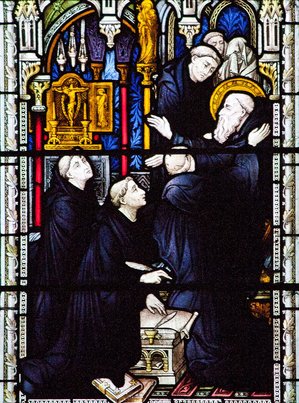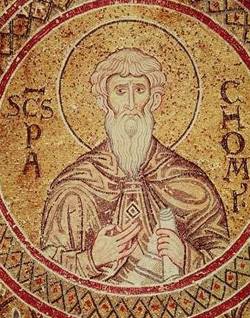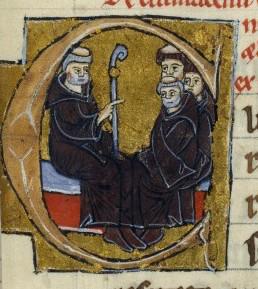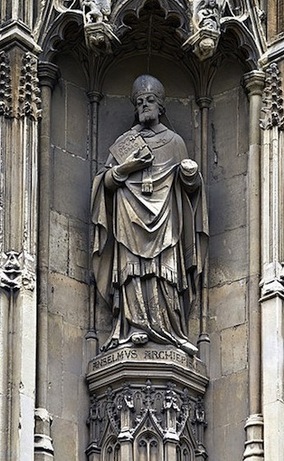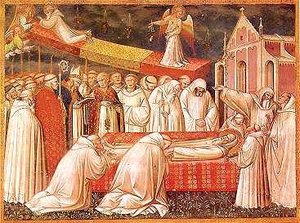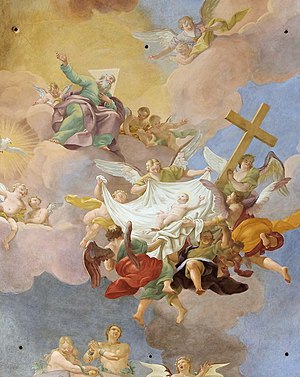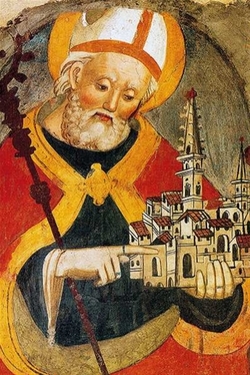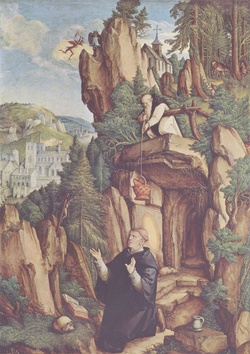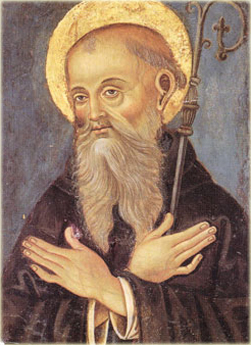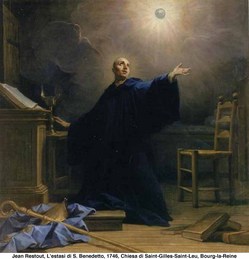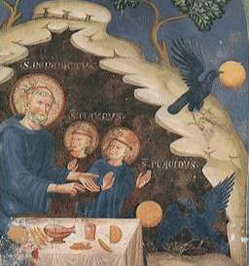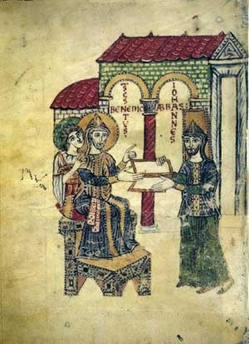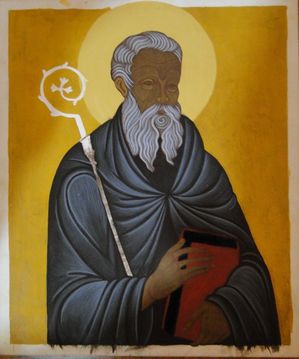
Today is the Feast of Saint Benedict! It was originally the feast of the translation of his relics, but after Monte Cassino was bombed they discovered that his relics were evidently never translated! Pope Paul changed it to the feast of Saint Benedict Patron of Europe. One of the most sensible things he ever did.
The perduring gift to the Church is the Rule of Saint Benedict. It is a beautiful compilation of how to live together seeking the face of God. One part on humility is worth noting. Benedict's teaching on humility is here.
Father Giussani points out about life in Communion and Liberation:
"Now, we must also say that to live communion is not a small matter; it is all of Christian life, because Christian life is Christ among us who makes us one sole body. And this, I believe, is the heart of the original Benedictine tradition, with which our Movement felt itself to coincide from the beginning. The heart of our Movement is this, and I really believe that it is being disciples of the original Benedictine history that has made our Movement like this. Therefore, it is no small matter; it is the example that has to happen."
A short review of the importance of Saint Benedict and Benedictines in the life of Communion and Liberation is here.
Blessed feast of Saint Benedict.
Benedicite



